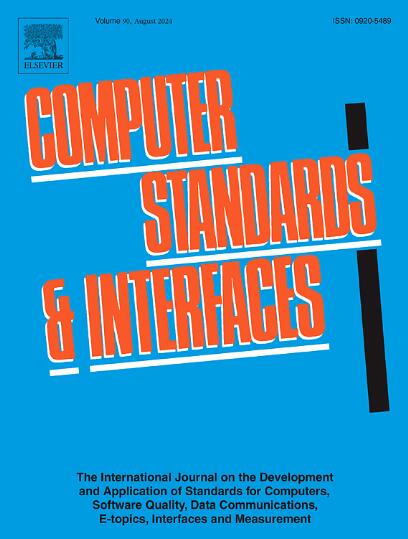与生成式人工智能协作,改进需求变更
IF 3.1
2区 计算机科学
Q1 COMPUTER SCIENCE, HARDWARE & ARCHITECTURE
引用次数: 0
摘要
需求变更(RC)是软件开发过程的一个关键方面,涉及到几乎贯穿整个软件生命周期的修改。尽管RC具有重要意义,但由于软件系统的复杂性和与变更相关的固有不确定性,RC仍然是一个极具挑战性的过程。虽然大型语言模型(llm)在各个领域,特别是在软件工程(SE)中显示出了巨大的潜力,但针对SE的llm的研究有限,特别是针对实际软件系统RC的研究。为了解决这个问题,我们提出了一种创新的方法,称为满足需求变化(SRC),它利用快速工程通过人机协作来改进实际软件系统的RC。具体来说,ChatGPT被提示完成整个RC过程,包括系统建模、确认定位、程序修改和属性验证。此外,我们在一个真实的Java系统上进行了一个RC应用案例,并通过案例研究证明我们的方法在改进RC方面是有效的。本文章由计算机程序翻译,如有差异,请以英文原文为准。
Collaboration with Generative AI to improve Requirements Change
Requirements Change (RC) is a critical aspect of the software development process, involving modifications throughout almost the entire software life cycle. Despite its significance, RC remains a highly challenging process due to the complexity of software systems and the inherent uncertainty associated with changes. While Large Language Models (LLMs) have demonstrated promising potential in various fields, particularly in Software Engineering (SE), there is limited research on LLMs for SE specifically addressing real software systems RC. To solve this, we propose an innovative approach, named Satisfy Requirements Change (SRC), which utilizes prompt engineering to improve the RC of actual software systems through human-machine collaboration. Specifically, ChatGPT is prompted to complete the entire RC process, encompassing system modeling, confirmation positioning, program modification, and property verification. Additionally, we conduct a RC application case on a real Java system and demonstrate through case study that our approach is effective in improving RC.
求助全文
通过发布文献求助,成功后即可免费获取论文全文。
去求助
来源期刊

Computer Standards & Interfaces
工程技术-计算机:软件工程
CiteScore
11.90
自引率
16.00%
发文量
67
审稿时长
6 months
期刊介绍:
The quality of software, well-defined interfaces (hardware and software), the process of digitalisation, and accepted standards in these fields are essential for building and exploiting complex computing, communication, multimedia and measuring systems. Standards can simplify the design and construction of individual hardware and software components and help to ensure satisfactory interworking.
Computer Standards & Interfaces is an international journal dealing specifically with these topics.
The journal
• Provides information about activities and progress on the definition of computer standards, software quality, interfaces and methods, at national, European and international levels
• Publishes critical comments on standards and standards activities
• Disseminates user''s experiences and case studies in the application and exploitation of established or emerging standards, interfaces and methods
• Offers a forum for discussion on actual projects, standards, interfaces and methods by recognised experts
• Stimulates relevant research by providing a specialised refereed medium.
 求助内容:
求助内容: 应助结果提醒方式:
应助结果提醒方式:


